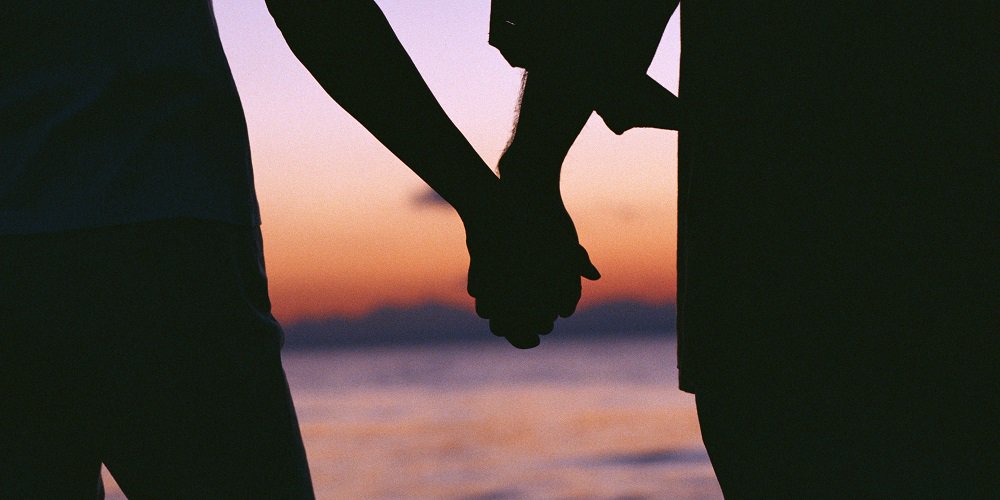Around 50 per cent of UK residents feel LGBTQ people should avoid holding hands in public
The new survey found that around 17 per cent of 18-24 year olds believed being gay can be cured
By Steve Brown

Words: Steve Brown
Around 50 per cent of UK residents feel LGBTQ people should avoid holding hands in public for fear of attack.
Published by anti-violence charity Galop and conducted by LightSpeed, found that nearly half of all respondents believed that LGBTQ people should avoid any PDA out of fear of being attacked.
The survey also found that one in 10 people feel that being LGBTQ can be cured and that they are ‘dangerous’ to other people.
Following the research, the charity has called for agencies to work together to tackle anti-LGBTQ attitudes including the ongoing discussion about trans people using the same public toilets.
Out of all respondents, most of which responded favourably with more than 60 per cent agreeing or strongly agreeing that they should.
Women were reportedly more likely to be comfortable than men with 62 per cent agreeing compared to 58 per cent of men.
Out of all questioned, the younger generation were the most comfortable age group with around 70.3 per cent of 18 to 24 year olds agreeing.
However, in this same age group around 17 per cent believed that being gay can be cured – the highest percentage of any age group.
One in five people also said that being LGBTQ was ‘immoral’ and against their beliefs.
Nick Antjoule, Galop’s Head of Hate Crime Services said: “Our research shows the journey toward LGBT+ equality is far from over. Despite most people in this UK poll voicing support for LGBT+ people, a significant proportion still think we are dangerous, immoral or that we can be cured.
“It offers a sobering reminder that progress achieved in recent decades can easily be reversed.
“Young people polled tended to hold more negative views toward LGBT+ people than other age groups.
“This alarming finding warns of a generational pivot ahead and a bumpy road for those of us committed to challenging anti-LGBT violence or abuse.”
